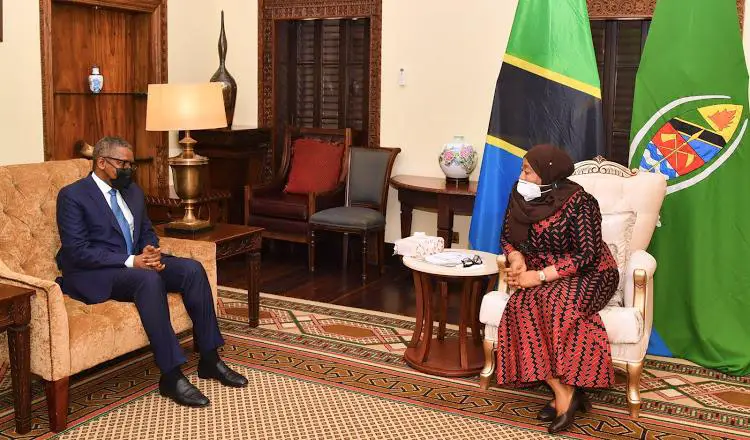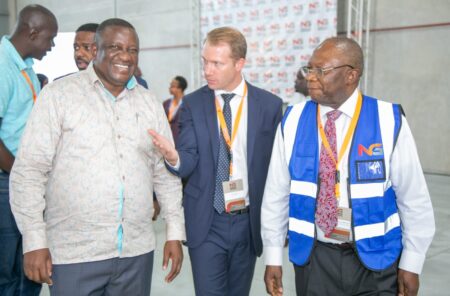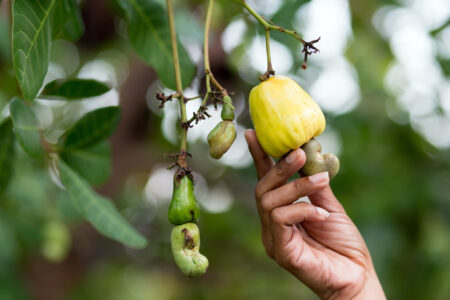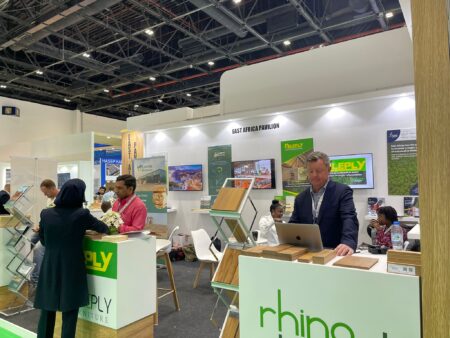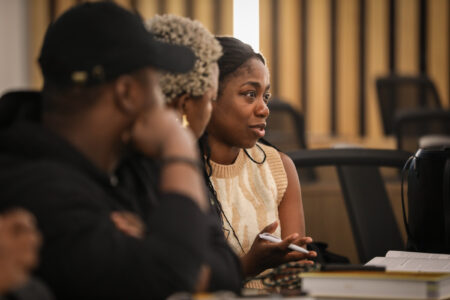- Samia Suluhu Hassan has unequivocally noted that investment was not working in favour of Tanzania as investors found it to be “unpredictable”
- Tanzania is working hard towards bringing back and retaining its flown investors and building its trust and business environment
- Tanzania is developing its new investment shine, by ensuring it removes all kinds of bureaucracy and corrupt acts
Tanzania is a safe place for investment. This spicy statement was given out by Africa’s wealthiest man Alhaji Aliko Dangote, with a conglomerate that has employed more than 30,000 people, on 24 May 2021 in Tanzania’s commercial capital’s statehouse.
Investment has been a crucial target for enhancing its economy, especially after ascending to a lower-middle-income status last year.
The sixth president of Tanzania, Samia Suluhu Hassan has unequivocally noted that investment was not working in favour of Tanzania as investors found it to be “unpredictable” when it comes to business, as tax issues and work permits intervened.
However, the past is not the present, right now Tanzania is working hard towards bringing back and retaining its flown investors and building its trust and business environment brick by brick.
This can be seen since President Suluhu took office, when she forged new bilateral ties with Kenya, signalling an end to unproductive trade conflicts between the two countries, that tarnished trading.
Tanzania is developing its new investment shine, by ensuring it removes all kinds of bureaucracy and corrupt acts. It is important to consider several things that have transpired over the past two months, which show how serious Tanzania is.
Regional business deals
President Hassan began securing Tanzania’s business deals across the region with Uganda and Kenya.
In earlier May 2021, Tanzania and Kenya wiped off their unproductive business past and made a vital US$1.7 billion agreement on the gas pipeline.
“We are friends in East Africa. Kenya leads in investments in my country Tanzania, and has invested in 513 projects worth US$1.7 billion, employing 51,000 Tanzanians,” President Suluhu told a joint news conference in the Kenyan capital Nairobi.
Further, the two nations managed to sign a gas pipeline, which will transport gas between the coastal town of Mombasa (Kenya) and Dar es Salaam in Tanzania. Hence, this project which will cover around 600 kilometres, stands to cost US$1.1 billion.
Also, Kenya and Tanzania managed to sign of MoUs on natural gas transportation, animal health and sanitary measures, culture, arts, social integration and national heritage, according to the East African new publication on 4 May 2021.
Tanzania has stretched its investment shine to Uganda—a natural gas-rich nation and secured a lofty oil deal. Earlier in April, President Suluhu and Uganda’s President Yoweri Museveni signed the East African Crude Oil Pipeline (EACOP) construction agreement, the project cost is US$3.5 billion.
According to information from The Citizen, Tanzania and Uganda inked the last agreement (known as the Host Government Agreement (HGA) )of the deal on May 20.
“This will see the investors get equal dividends according to an earlier agreement,” according to The Citizen report.
The win elongated even further for Tanzania, as the two countries also attended the signing of three accords that included, a host government agreement for the pipeline, a tariff and transportation agreement and a shareholding agreement.
The project officials from French oil giant Total SE confirmed that, the first batch of commercial oil production with kickstart around 2025. This project is seen by Tanzania to be crucial for generating incomes as individuals through various activities including employment and procurement of construction materials.
International investor recognition
The international arena has also taken an interest in what Tanzania is doing. According to information from Tanzania Investment Centre (TIC), Tanzania and United Kingdom (UK) are proceeding to maintain and promote investment relations.
During the meeting held on 11 May last year, the two parties—Minister of Investment, Geoffrey Mwambe and the Minister of Industry and Trade, Prof Kitila Mkumbo and the British Minister for African Affairs in the Ministry of Foreign Affairs, Commonwealth and Development of the United Kingdom, Mr James Duddridge, marked vital issues for the benefits of both countries, particularly, for Tanzanian products to be sold in the UK and for Tanzania to attract major UK investment in the country.
The meeting between President Suluhu and Dangote was a good signal to the world sent by Tanzania, as the businessman operations began stalling in the past years in Tanzania.
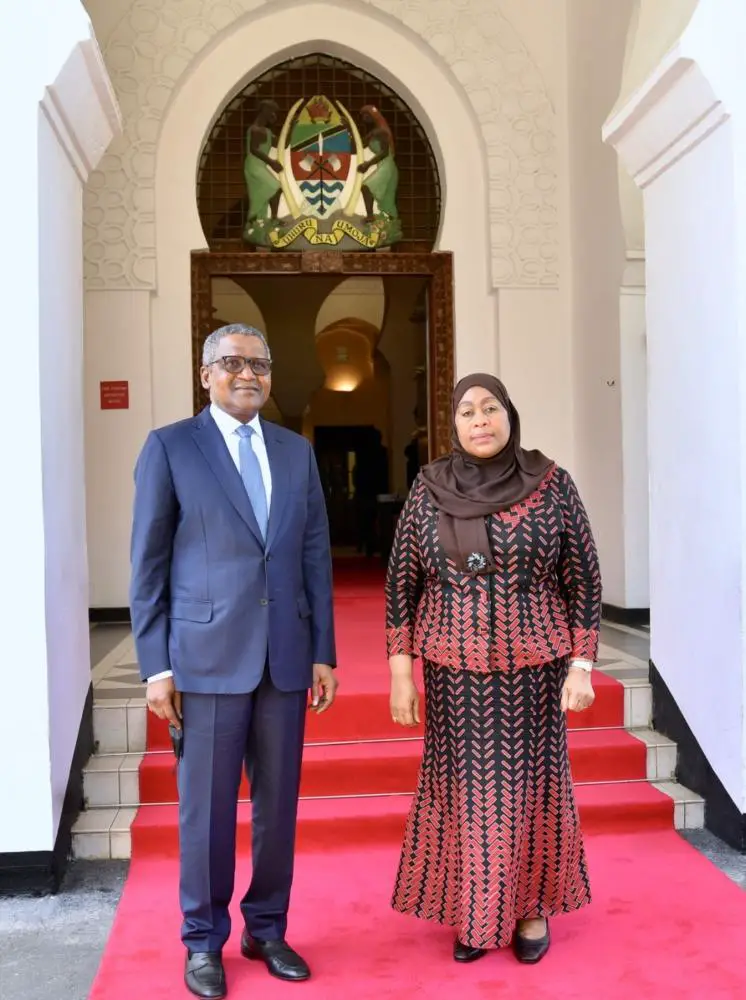
The wealthiest person in Africa with an estimated net worth of US$11.8 billion and one of the largest private-sector employers in Africa’s top economy, Nigeria—Dangote said that said due to the changing and improving the business environment in Tanzania he would encourage traders and fellow investors to invest in Tanzania as the Government is ready to work with them.
The government is already working on all issues facing Dangote’s factor on President Suluhu’s directives. This means Tanzania is reshuffling its strategies and operations along the investment lines, to keep up with the rest of the region far ahead of her.
As a country that graduated to a low-middle-income level much more effort towards building sound and attracting an investment environment is required.
The current small achievements prove that there is more coming from President Suluhu’s administration in terms of advancing more foreign investment in the country.
According to a May 18 publication by TIC, Minister Mwambe sent a call to all investors who had issues with investment operations to write to him directly for an immediate resort, particularly when it comes to suspension.
“There are investors who came and left because they failed to get approval to invest so all these investors should come and write letters to us. We will go through the letters and process them in the ministry and discuss how to assist them,” said Mwambe
Read: Africans transforming the beauty and cosmetics market





